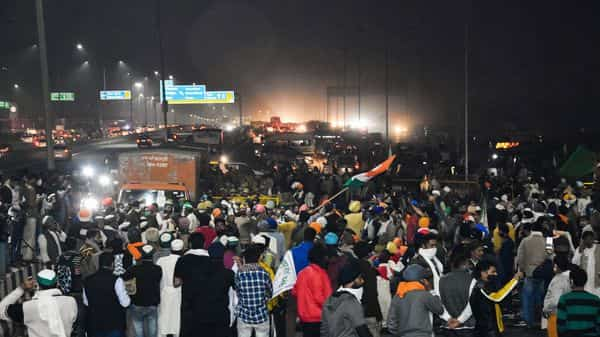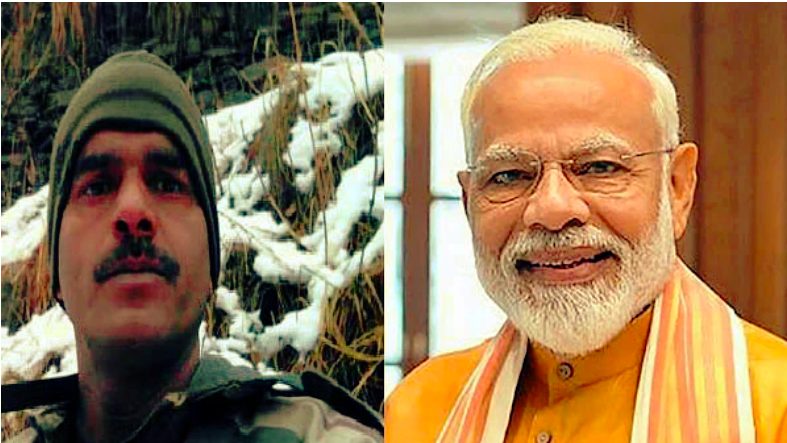According to data provided by Agriculture Minister Narendra Singh Tomar in response to a question in the Rajya Sabha on Friday the shocking scenario emerges.
The question came from Manas Ranjan Bhunia, Trinamool Congress MP, who asked whether farmers were denied crop insurance claims by insurance companies, the details of cases reported from different States in those particular years, and the steps the government was taking in this regard.
The answer from Minster stated the number of farmers’ crop insurance claims that were rejected by insurance companies under the Centre’s flagship Pradhan Mantri Fasal Bima Yojana (PMFBY) multiplied 10 times in just two years,
In 2017-18, the number of rejected claims was 92,869.
In the next year, 2018-19, the figure more than doubled to 2.04 lakh.
By 2019-20, it was 9.28 lakh, means unimaginable 900% increase.
[splco_Shortcodesspacer]
The Complex system of Crop Insurance in India
[splco_Shortcodesspacer]
In case of widespread natural calamities such as drought or flood,
Mr. Tomar pointed out that under the PMFBY, there was actually no need to file crop loss claims ias claims were calculated on the basis of shortfall in yield of the whole unit.
If the case is at the end of the season, prevented sowing and midseason adversity claims were settled on the basis of an area approach for which yield data and crop damage reports were provided by the State governments concerned.
However, there was a different process when it came to risks impacting smaller areas such as losses due to localised risks of hailstorms, landslips, inundation, cloud burst, or natural fire.
Such losses were calculated on the basis of crop loss assessment at individual insured farm levels.
Farmers informed such crop losses to the insurance company concerned, the State government or financial institutions, and their claims were assessed by a joint committee with representatives from the State government and the insurance company.
“Therefore, insurance companies can reject some of these claims on various grounds like late intimation of claims, or denial of claims to non-insured farmers or non-insured crops, non-occurrence of the risk etc,” said Mr. Tomar.
He then provided the data on rejection of claims, which showed the 900% increase over a two-year period.









